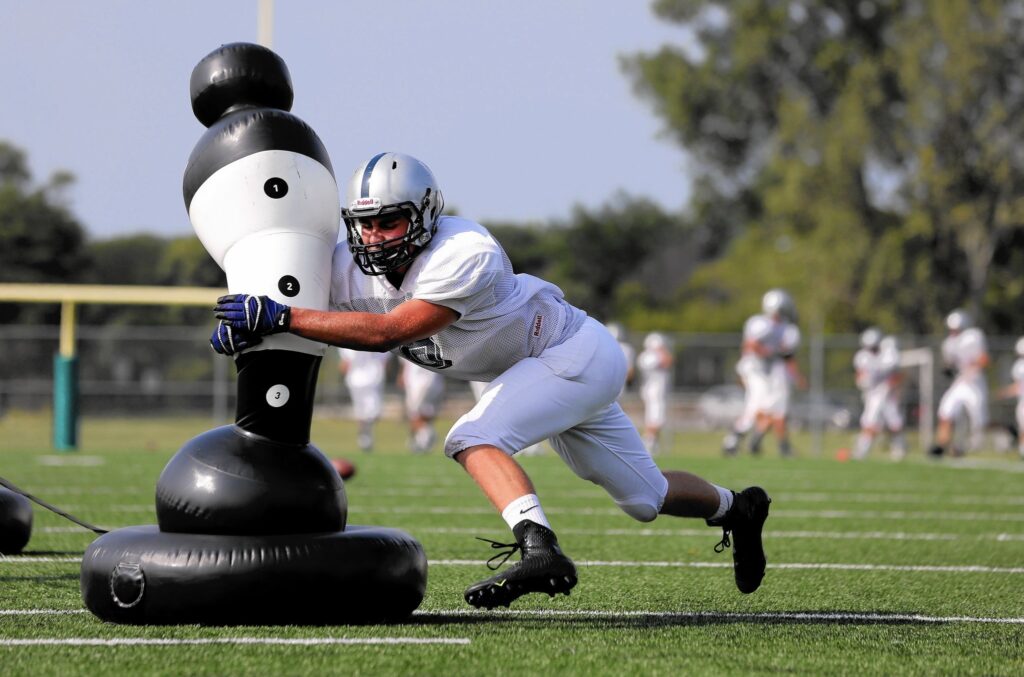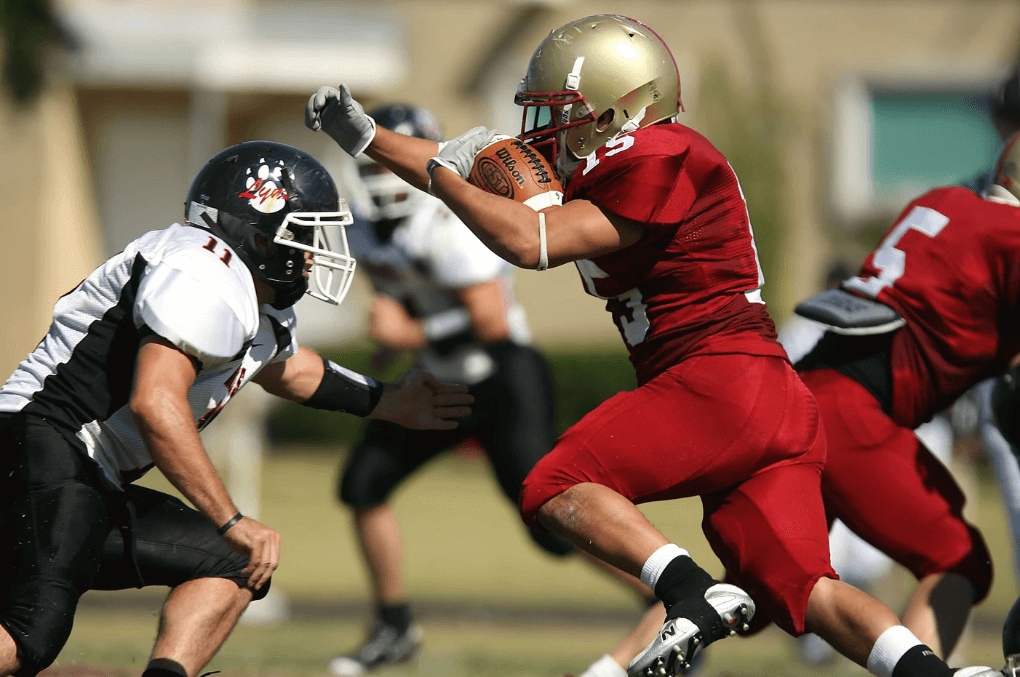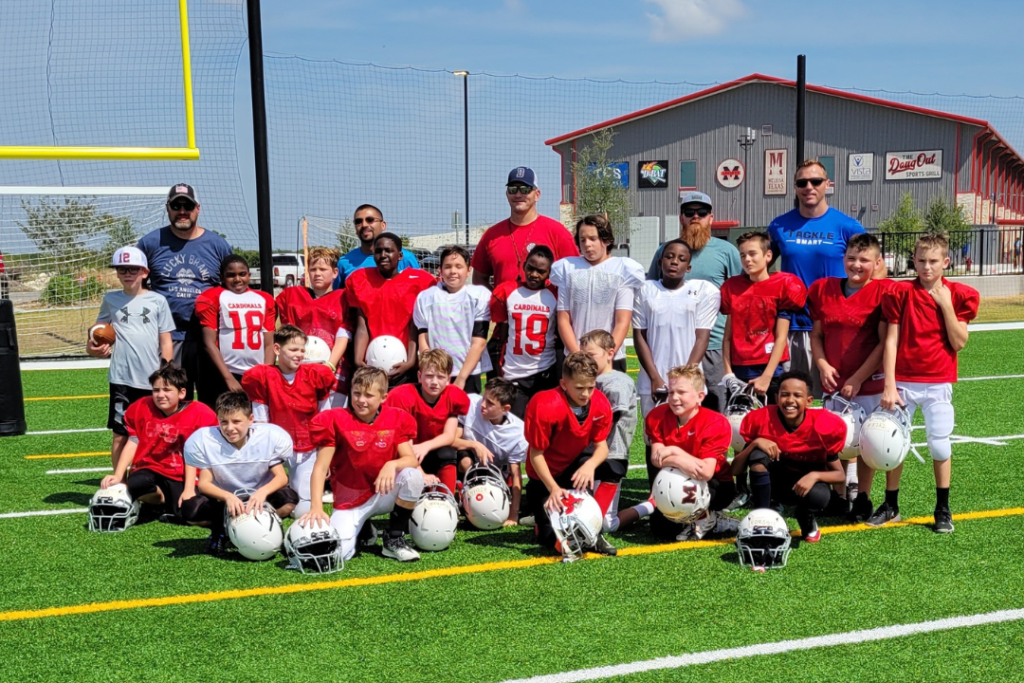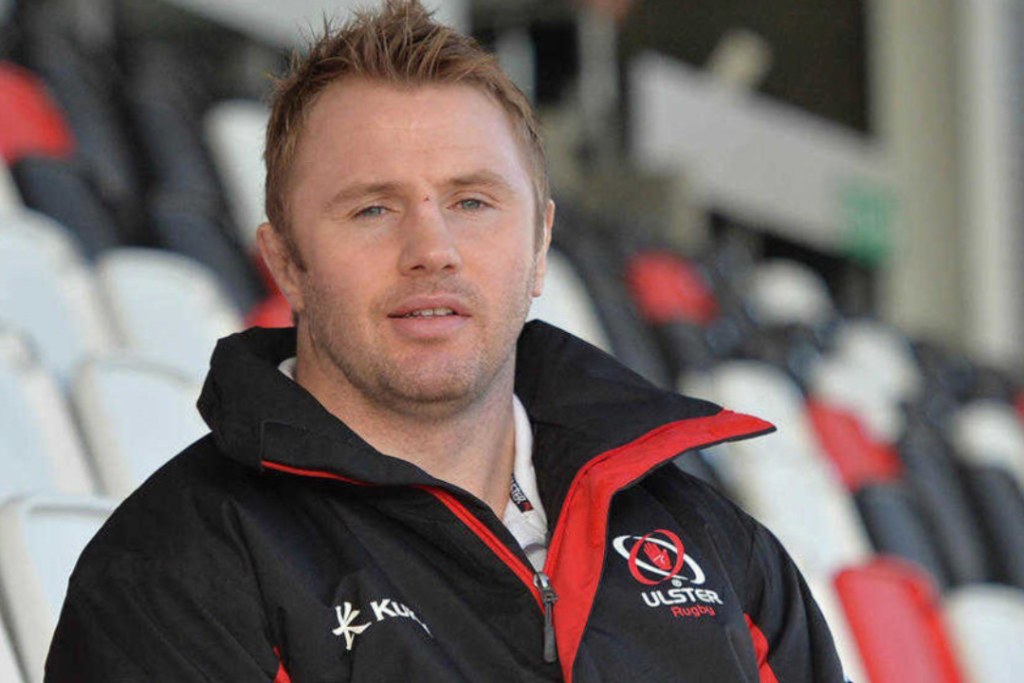As youth sports become increasingly competitive, more and more parents believe that their child will go pro and actively work toward their child becoming a professional athlete. A 2015 study found that 26% of U.S. parents of high school athletes hoped that their child would become a professional athlete. In contrast, however, the data shows that only a tiny percentage of high school athletes will actually go pro. A 2012 NCAA survey found that only .03% of high school basketball players, .10% of high school hockey players and .04% of high school soccer players will play professionally at any level. The odds of becoming a professional baseball player are slightly higher, but still, only .4% of high school players will go pro.
When faced with those odds, some parents feel that the best way to ensure their child is successful is by starting them early, consistently pushing them to perform and making every possible investment in their child’s athletic career. While there are a few examples of this method being successful – Andre Agassi, Serena Williams, Tiger Woods – the vast majority of professional athletes did not take this path. Instead, they played multiple sports, fell in love with competition and enjoyed the sports that they played.
Creating a Love for Sports
Tom Farrey, the director of the Sports and Society Program, argues that more than anything else it’s a love of sports that drives kids to keep playing and to be successful. Further, psychologists assert that parents play a big role in determining whether sports are fun and enjoyable or unpleasant and stressful for kids. Parents that push kids too hard can cause their child to not enjoy athletics and can cause anxiety and depression, low self-esteem, family conflict and even traumatic childhood experiences.
As a result, experts advise that rather than focusing on your child being a professional athlete, focus more on ensuring that he’s enjoying the sports that he plays and reaping the many benefits that come from any level of athletics including teamwork, resilience, commitment and sportsmanship.
Understanding and Communicating the Difference between Expectations vs Goals
One way to help ensure that you and your child have healthy expectations is by ensuring that you both understand and respect the difference between goals and expectations. Dr. Jim Taylor, author of Positive Pushing: How to Raise a Successful and Happy Child, provides a good explanation of the difference between the two: goals are possible accomplishments that might be achieved whereas expectations are assumptions of achievement and thus are all or nothing.
It’s okay and even good for parents to have some expectations for their children, but these should only be for things within their control – for example you can expect your child to be hard working, honest, committed and respectful. When expectations are focused on ability – for example, expectations that your child will win, earn a scholarship or go pro – they can be harmful and damaging. Young athletes that deal with high expectations from parents often suffer from anxiety and are not able to perform at their highest level.
As parents, it’s important to distinguish goals from expectations and to help your child do the same. Further, it’s helpful to work with your child to help her set attainable goals and to ensure that your goals are aligned with hers.
While some parent expectations are good, parent expectations for sports can actually have negative consequences on young athletes if they put too much pressure on the child or take away his love for athletics. Further, research shows that one of the most effective ways to help your child be successful in athletics is to ensure that he’s enjoying what he’s doing. So, while you might want to daydream about seeing your child perform at the highest levels, make sure that you communicate more reasonable goals for your child to help ensure that she’s having fun and taking advantage of the many benefits that athletics provide.




